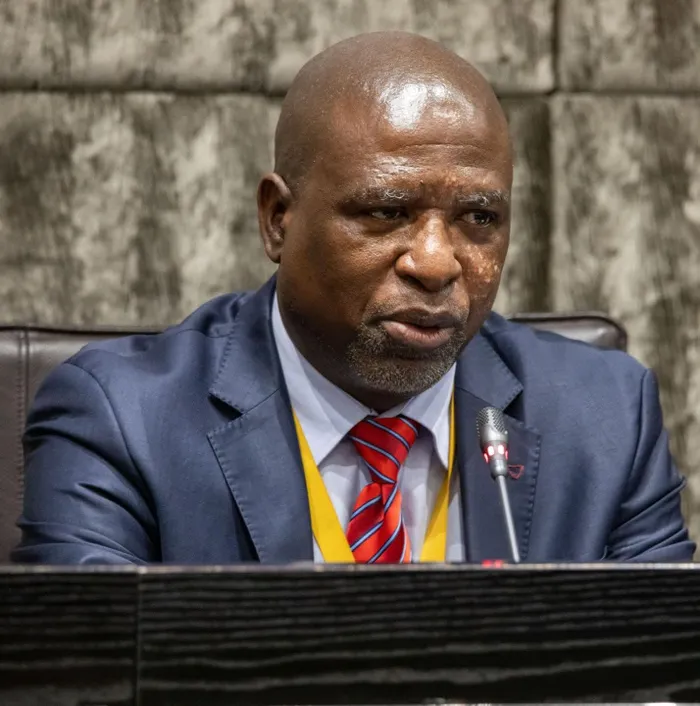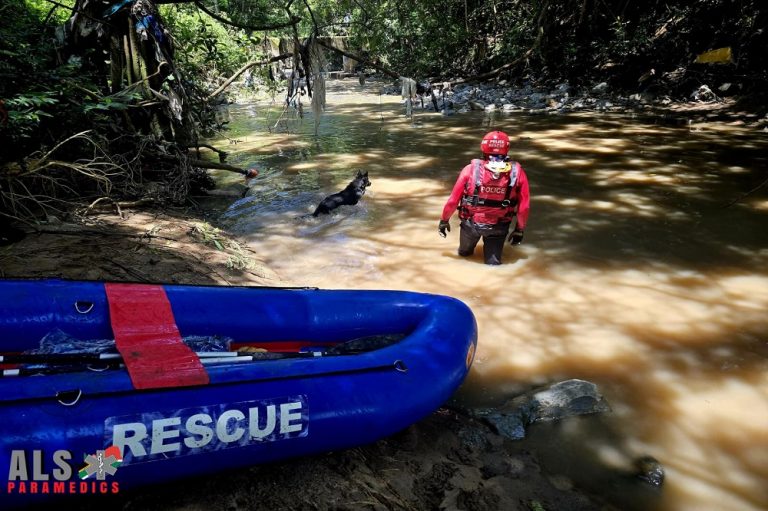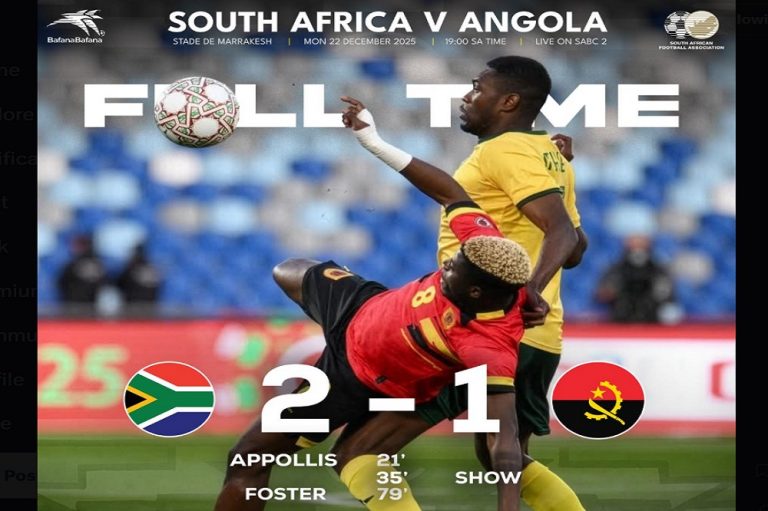
ANC calls for a crucial one-month Parliamentary Inquiry Extension to ensure key witnesses testify and justice is upheld. Image Credit: IOL
(The Post News)– The Parliamentary Inquiry Extension has become a topic of national discussion, following the African National Congress’s (ANC) suggestion that the deadline for Parliament’s ad hoc committee to submit its report be extended by a month. The committee, tasked with investigating allegations of threats to national security, is facing a critical scheduling issue due to the availability of its first witness—KwaZulu-Natal Provincial Police Commissioner, General Nhlanhla Mkhwanazi.
ANC MP Xola Nqola strongly argued that Parliament should hold off on hearings and formally apply to the Speaker for an extension. He explained that rushing through proceedings without the testimony of crucial witnesses would undermine the legitimacy of the investigation.
“We must not compromise the integrity of this process,” Nqola stated during a heated session. “General Mkhwanazi’s testimony is central to this investigation. Extending the deadline allows Parliament to gather credible, comprehensive evidence before tabling the report.”
Witness Cooperation Is Key
The Parliamentary Inquiry Extension proposal also comes at a time when evidence leader Advocate Norman Arendse SC has confirmed that all prospective witnesses are cooperative and willing to testify.
Arendse, a senior member of the bar with a career dating back to 1989, was appointed to lead the evidence team, assisted by advocates Maria Makhaoetsi and Lerato Zikalala.
“Consultations took place with National Police Commissioner Fannie Masemola on Friday, and the responses have been positive,” said Arendse. “The willingness of these witnesses shows the importance of allowing this process the time it deserves.”
The committee has sent invitations to Mkhwanazi, Masemola, Minister Senzo Mchunu, Deputy National Police Commissioner Shadrack Sibiya, Acting Police Minister Fairoz Cachalia, and his two deputies. Their testimonies will shed light on allegations of serious corruption in the criminal justice system.
Parliamentary Inquiry Extension: Dates Under Review
The first hearings were initially considered for September 15 or September 22, but both dates are now uncertain. The committee insists on having Mkhwanazi as the first witness, as he made the explosive allegations in July that sparked this entire investigation.
However, Mkhwanazi has informed Parliament that he is currently tied up with the Matlanga Commission of Inquiry and will only be available after September 24. This delay has frustrated some members of the committee.
EFF leader Julius Malema has gone as far as calling for Mkhwanazi to be summoned. “We cannot let one man’s schedule derail a process that affects national security,” Malema said. “If necessary, Parliament must exercise its authority to compel him to appear sooner.”
Why a Parliamentary Inquiry Extension Protects Accountability
Extending the deadline is not just a bureaucratic exercise—it is a matter of justice and accountability. Rushing hearings without securing key testimonies could result in an incomplete or flawed report.
Among those expected to testify are not only police leaders but also suspended Deputy National Commissioner Shadrack Sibiya, who has been implicated in allegedly suppressing political killings investigations, and Acting Police Minister Firoz Cachalia along with deputies Kassel Matale and Pauli Boshielo.
Members of Parliament have also requested that former Police Minister Bheki Cele be included in the second batch of witnesses, along with Bramu Khozi, an associate of Mkhwanazi allegedly linked to political interference. This wide net of witnesses underscores why the Parliamentary Inquiry Extension is critical—it ensures that Parliament has time to hear all sides before presenting its findings to the National Assembly.
Separation of Powers and Independent Investigations
A key point emphasized in the session was that the ad hoc committee’s work will run independently of the Matlanga Commission of Inquiry. Members were quick to reaffirm the principle of separation of powers, assuring the public that Parliament’s investigation will not rely on findings from the commission but will pursue its own line of inquiry. “This is a matter of national importance,” said Arendse. “The committee is committed to transparency and due process, which is why a proper time frame is necessary.”
A Timely Parliamentary Inquiry Extension Is a Win for Democracy
The call for a parliamentary inquiry extension is more than a scheduling issue—it is a safeguard for democracy. Extending the deadline would allow all witnesses to be heard, ensure that Parliament’s final report is thorough, and provide the public with confidence in the process.
Failure to grant the extension could mean rushing through hearings, potentially leaving key questions unanswered. With allegations as serious as corruption and political interference within the criminal justice system, Parliament cannot afford to deliver a half-baked report.



